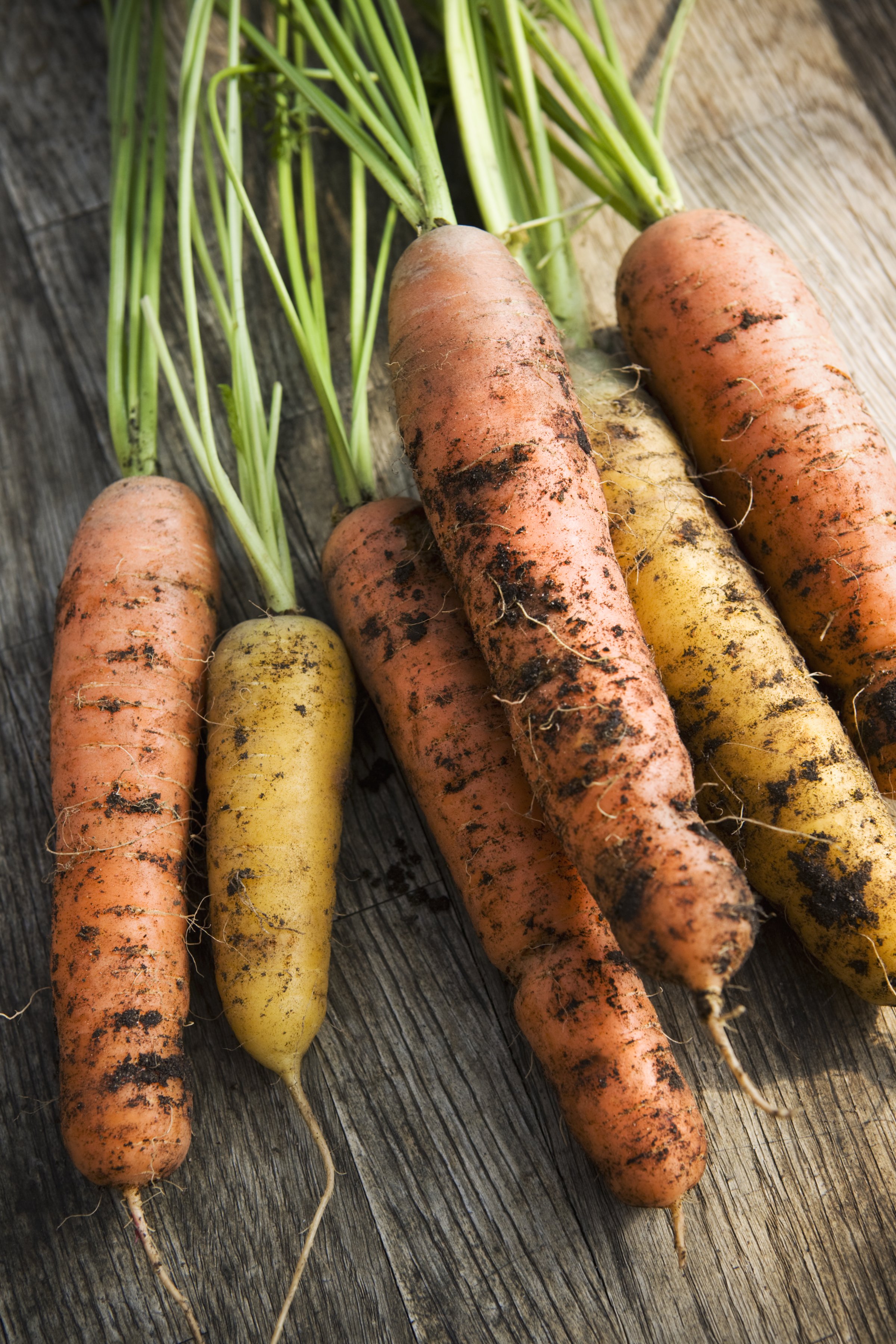
Zócalo Public Square is a magazine of ideas from Arizona State University Knowledge Enterprise.
In 2003, long before a warrant was issued for my arrest for the crime of planting vegetables, I remember going to a store in South Central L.A. and picking up some tomatoes. The stickers on them read: “Coated with shellac.” That’s when it really hit me.
There was a complete lack of healthy food in my community. Growing up in South Central L.A., we had restaurants where you could sit down. But some time in the late ’70s or early ’80s, those places shut down and were replaced by fast food joints. Later, when I was raising my kids, I used to drive damn near an hour round-trip to places like Culver City to find fruits and vegetables that hadn’t been grown with pesticides.
I wanted to change all of that. I wanted to rid the streets of trash. And I wanted healthy food options and organic fruits and vegetables for my family, my neighbors, and myself.
So, in 2010, I planted towering sunflowers, kale, and pomegranates in the 10-foot-wide, 150-foot-long parkway in front of my house—the space between the curb and the sidewalk.
That same year, I founded a group with like-minded people who wanted to grow and share their own food and show others how to do it. It’s our responsibility—if we want to change our neighborhoods, it has to come from within.
We started planting gardens around the neighborhood and in peoples’ yards for free. But I learned the drawbacks. When people get something—like food in their garden—without having to do the work themselves, they don’t assign such things the same value. Unfortunately, we found that a lot of the gardens we planted weren’t being maintained.
Then, in May 2011, I got a citation to remove my garden from the city’s Bureau of Street Services—it said that, since the city has jurisdiction over parkways, I had two options: clear the “overgrown vegetation” or purchase a $400 permit. I didn’t do either, of course. The citation turned into a warrant. I got an arrest warrant for beautifying my street—a warrant for planting a carrot!
My first thought was: Bring it. There was no healthy food in the neighborhood—and those parkways were the only land where people could grow food. Plus no one was being cited for the discarded old toilets, couches and used condoms on the street—but I got a citation for bringing nature, beauty, pride, art, and a sense of peace and calm to the neighborhood. It just made no sense.
But the police never came for me. The warrant was suspended. Over the summer, LA Times columnist Steve Lopez got interested and wrote about the garden. There was a petition started in support. Then Councilman Herb Wesson got involved. In 2013, the L.A. City Council voted to change the law—it is now legal to grow food on your parkway in Los Angeles.
There has been a shift in the paradigm. Now the city is encouraging more green spaces and there are plans to utilize its 26 square miles of vacant lots to benefit underserved communities—to turn them into green space and urban farms.
The last few years have been incredible. I’ve had the opportunity to travel to the world to speak publicly, including a talk I gave in 2013 at a big TED conference that has more than two million views to date.
The message is getting out. People across L.A. (and around the world) are planting gardens at home, in schools and businesses.
These days, I’m focusing on raising funds for the Ron Finley Project, a plan to acquire an acre of land in South Central L.A. behind the city’s oldest operating library and turn it into an urban garden oasis. When it’s done, the Vermont Square library garden will consist of a greenhouse, a café in a shipping container, and a community garden where people can grow, exchange, and sell their food at a bi-weekly food stand. We’ll also offer classes and a program to use the thousands of pounds of fruit from people’s yards that go to waste each year.
Once we’re done transforming South Central L.A., the next move is to transform the world.
Ron Finley, who was raised in South Central, started a horticultural revolution. Ron spends most of his time working on changing an unjust food system by showing people the art of growing their own food. His message is simple: “Change your food, change your life!” He wrote this for Thinking L.A., a partnership of UCLA and Zocalo Public Square.
More Must-Reads From TIME
- The 100 Most Influential People of 2024
- How Far Trump Would Go
- Scenes From Pro-Palestinian Encampments Across U.S. Universities
- Saving Seconds Is Better Than Hours
- Why Your Breakfast Should Start with a Vegetable
- 6 Compliments That Land Every Time
- Welcome to the Golden Age of Ryan Gosling
- Want Weekly Recs on What to Watch, Read, and More? Sign Up for Worth Your Time
Contact us at letters@time.com